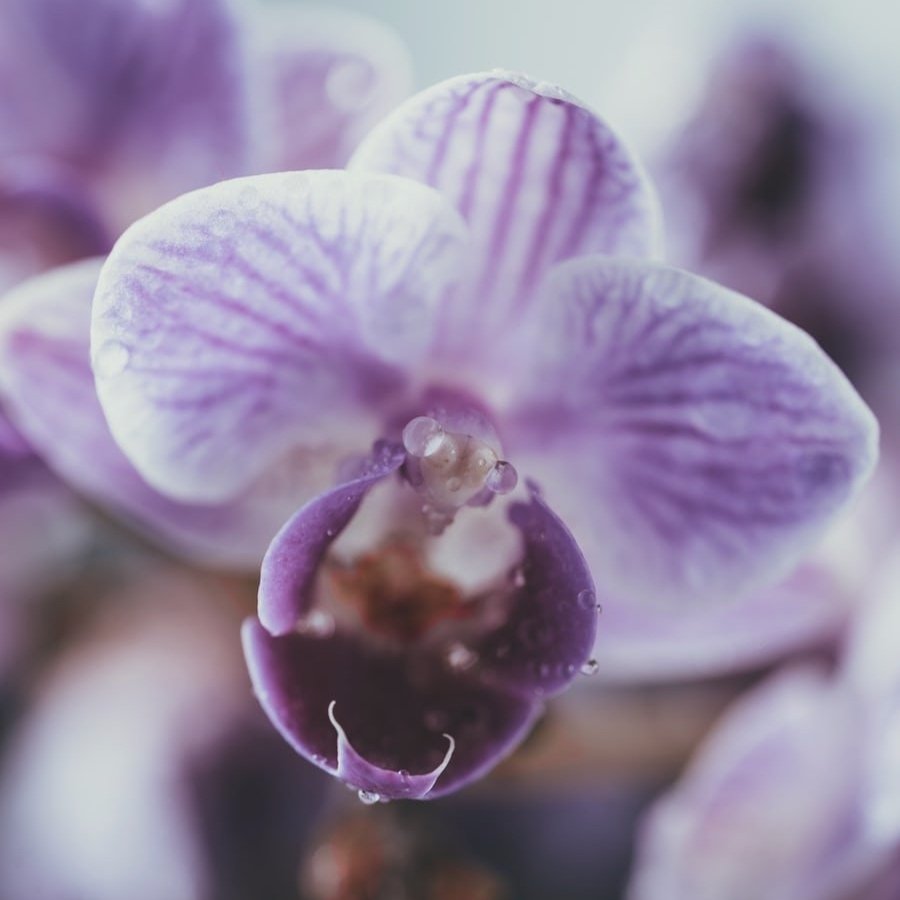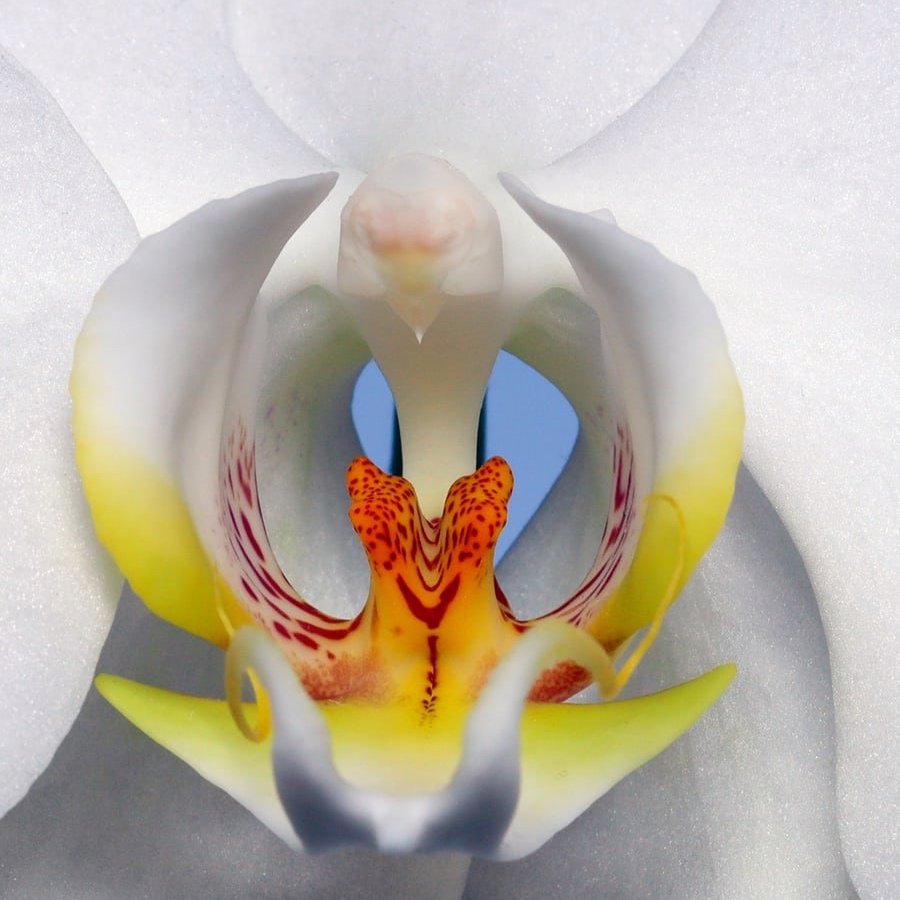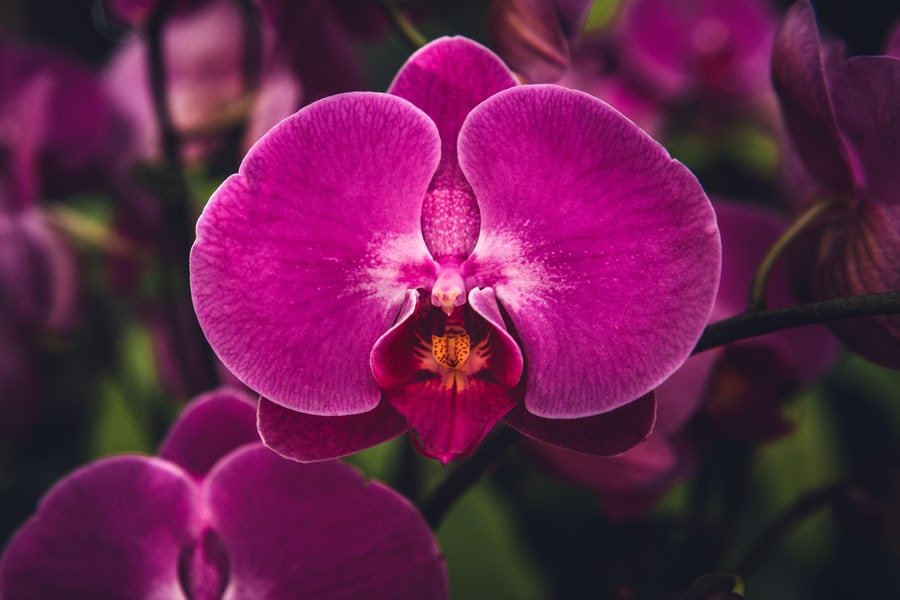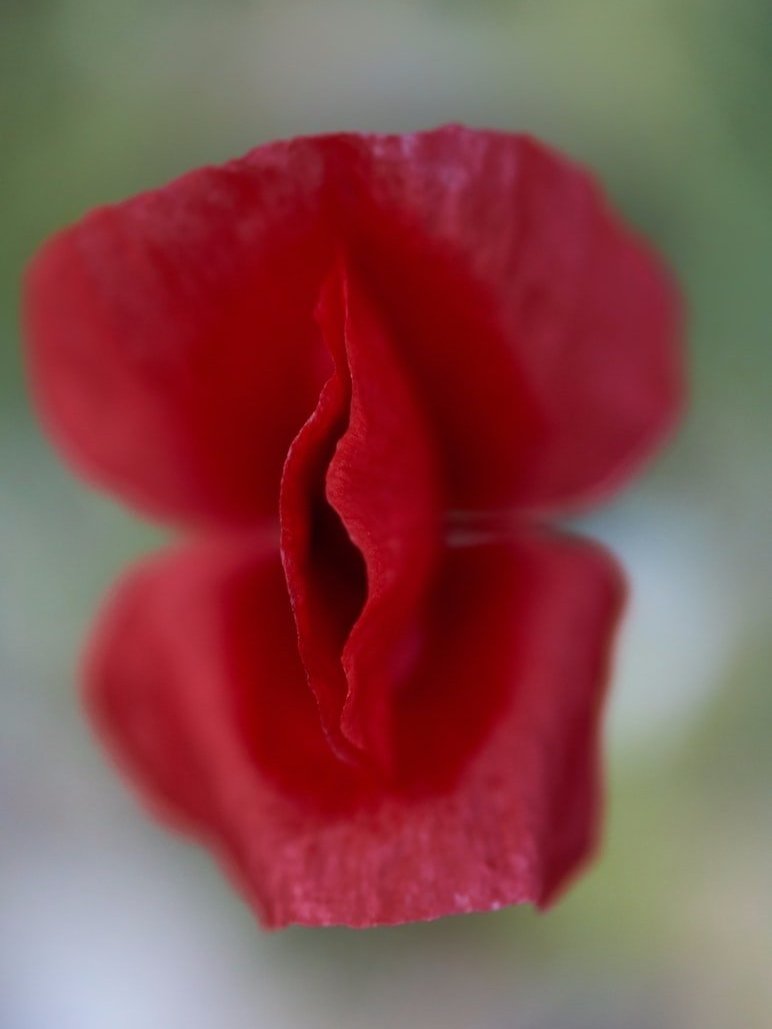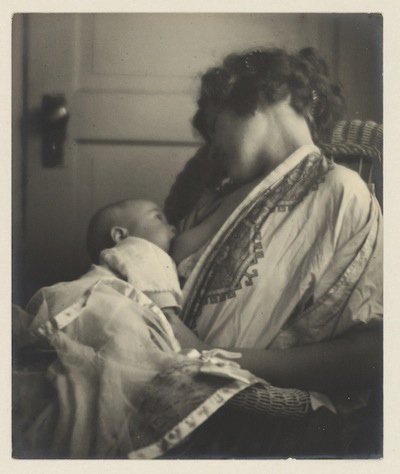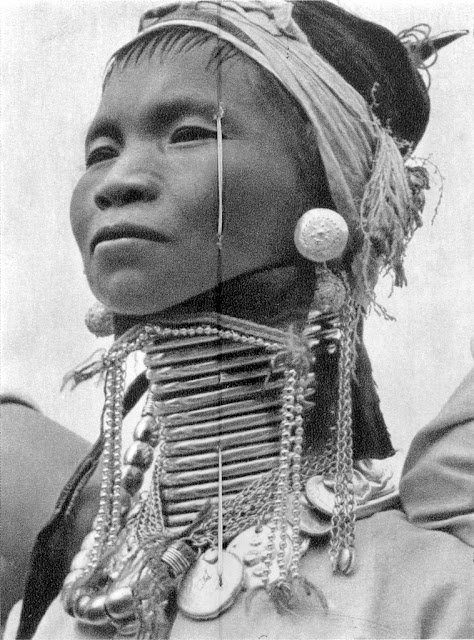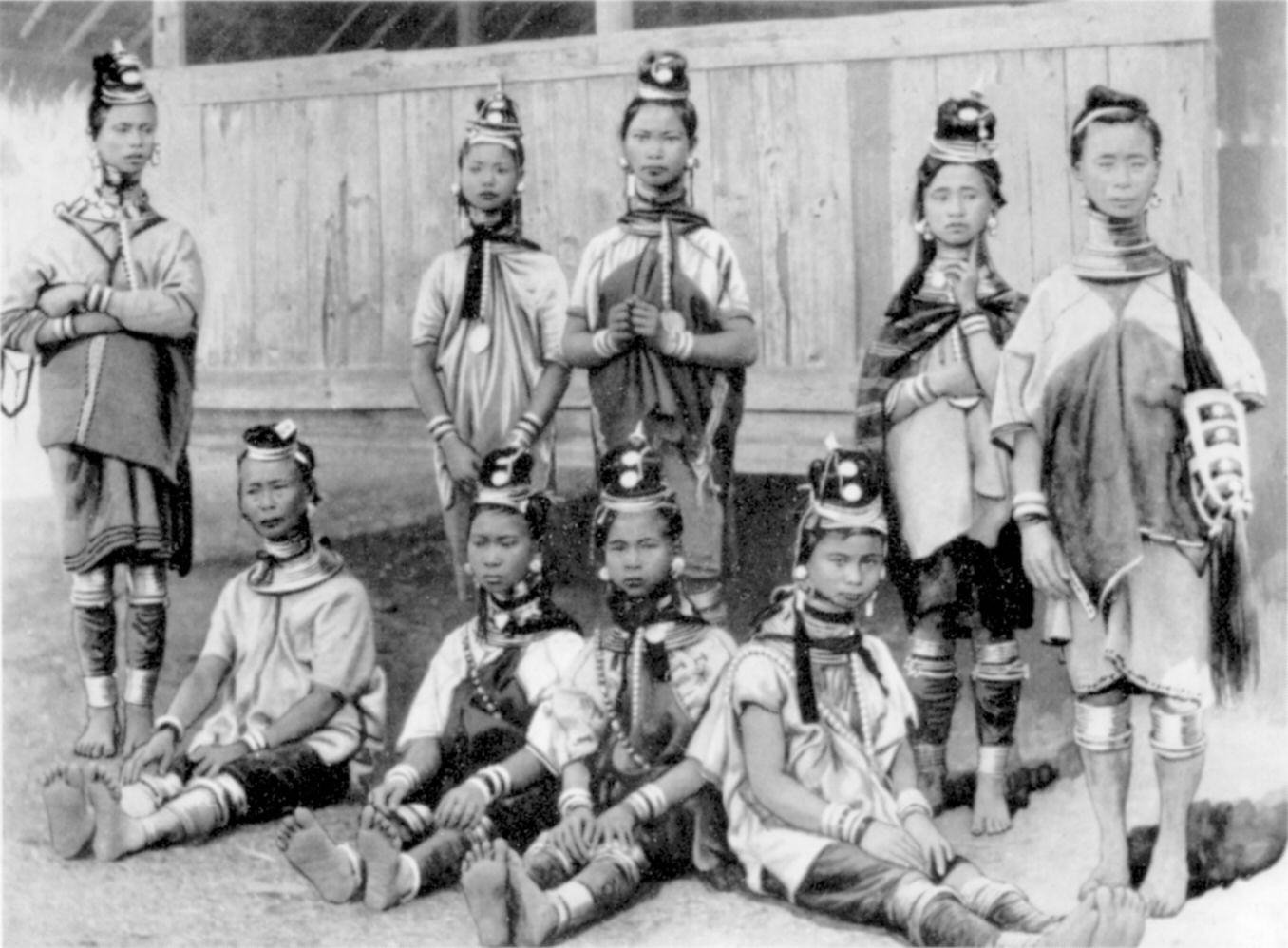Just Body Parts
For the young women of Chrysalis; may you unfurl your complex and powerful wings without apology.
“To be yourself in a world that is constantly trying to make you something else is the greatest accomplishment.” - Ralph Waldo Emerson
PART ONE: Above
My athletic 12-year-old niece tells me absently mid-air, looking down, “I hate my feet; they’re so ugly,” while wiggling ten perfectly adorable toes. “Jay-laaa, cooo-ome!” my son yells from the direction of the basketball hoop. She jumps off the trampoline immediately with a “see ya!” tossed over her shoulder, running towards her cousin, laughing, seemingly unaware of the small but potent violence she has just turned against herself.
She will play this favorite game of hers confidently, as always, swift, strong in her precision, jumping as if without effort, and scoring most of the wins. In fact it is in motion, thanks to the gifts of those “ugly” foundational bones and the rest, that she feels most free. Not to mention, the individual character of each particular toe and nail bed, vein, random beauty and rogue birthmark that lend her unappreciated feet even more unique beauty and, like heirlooms, connect her to all the ancestors she carries tucked within. Unappreciated or not though, each foot consists of some 26 miraculous bones, more than 100 lithe muscles, ligaments and tendons, and 33 intricate joints which work together in an orchestra of movement to offer support, balance, and mobility. Their symphony will also be her access to limitless experiences, good health, and the world.
Photo: Jaspar Garratt, unsplash
S.. an outspoken, truth seeking 17-year-old touches the fine fanning of tender bones beneath her breasts, and says, “I really hate my ribs; they’re so big.” I want to tell her that when love of self is conditional, it ignores the gifts of unique form and life itself- however proportioned or, as in her case, exquisite to anyone else’s eyes. She adds matter-of-factly, “I know lots of celebrities who have had their ribs broken and corseted, or even, across borders where there is less stringency about medicine, removed. Don’t worry, I never would. But still, I have thought about it. I just hate them... they make me feel huge.” I squint at her bare, thin stomach and elegant slope of ribs revealed beneath her cut off tee shirt with ‘Herbs Are Good’ printed across the front beneath a giant pot leaf.
I want to better understand, to see what S. sees with great compassion, but I receive only this from within and tell her: “Those ribs of yours are merely big enough to hold your glorious lungs and complex heart,” knowing with complete certainty how this particular young and even petite woman can, by anyone’s standards, really sing, as well as love beyond measure.
But what keeps her from loving herself, every inch, and dot, and precious bone?
Photo Emiliano Vittoriosi, unsplash
I have known the sparkly eyed, sensual B. much of her life. In spite of how young she is, she is already a strong writer, creatrix, cultural explorer, and natural leader. In addition to her open laughter and emotional maturity, she is carrying many craft skills and hands-on wisdom, as well as gifts for graphic design, gardening, and most of all space-holding where others can feel their most authentic. She seems outwardly confident and is an inspiration to many. Anyone else would only see a beautiful 20 year old woman who flows with creativity, curiosity, and passion, and in fact always has.
One afternoon though, she admits that she often judges her emerging feminine curves, but the petals of her vulva (which bring her so much pleasure) were, for many years, the focus of her own previously unspoken persecution. “When I was a young girl, about 7 or 8, I was exploring my reflection in a mirror…” where she had, to her horror, noticed an asymmetry. This secret of shame has suddenly burst forth into our safe circle of women and teen girls. “I remember wanting to cut one side to match the other, holding scissors, contemplating, but afraid of the blood, of what my mother might say. I used to think “but it would just take a little snip to make me normal.”
A quick perusal on the web tells a different story about what is most common: “It is perfectly normal for both the outer labia (labia majora) and inner labia (labia minora) to vary in size color, shape and for one side to be larger or smaller than the other. The medical word for this is called, “normal variation”. There is no perfect size, shape or color that labia should be.”
I wonder where our obsession with sameness has derived from, when no two glorious flowers (of the same or different species) are exactly alike, nor do they grow and age without gentle or more overt blemishes. Yet we can still appreciate their beauty without reservation.
Put another way, as Kylie Francis once wrote, “your uniqueness is your magic.”
Indeed.
T., 15 then tells me recently that her back hurts from her large breasts and, “is seriously thinking about having surgery.” I also know she not eating enough, and she has admitted, “Sometimes hardly anything at all for days at a time.” Strangers and loved ones alike only seen in her an exotic, enviable beauty, a playful young woman with a strong life force who no one else wants to disappear, not any part of her.
I want her to love herself so unconditionally that such self-erasing thoughts and behavior would only make her wince. I have the impulse, yet again, to wrap T. in a fierce protection so strong that there’s enough for her to claim for herself. Like a riding-in-on-a-lion-invincible-Durga-kind-of-love so powerful that she will remember—poof—to celebrate her health, strength, and even natural beauty with the gratitude of a first breath. Like her life depends on it, because in fact tragically, it does, along with her strong teeth, healthy bones and heart, and potential to ever carry life within.
She doesn’t see the gifts of her own unique intelligence, curiosity, sass, ability to foster true friendships and deep intimacy, resilience, and her whip-snap humor that has everyone around her tumbling over often. She can’t appreciate the rare gift she is for the world.
I want T. (and every other girl and woman, myself included) to take any and all the fury and judgement she possesses and stop hurling at it her own body, instead casting it out against the social media machine, the men that betray, Monsanto and the fucking companies and leaders of the world who are harming our beautiful planet.
But I don’t want to overwhelm T. or anyone else with Durga-hugs, political rants, too much emotion or unsolicited advice. I don’t want to seem hysterical God forbid, that word “with a very female-baiting history, coming from the Latin hystericus ("of the womb"). This was a condition thought to be exclusive to women – sending them uncontrollably and neurotically insane owing to a dysfunction of the uterus (the removal of which is still called a hysterectomy),” that justified uncountable “witch” hunts, incarcerations, institutionalizations, and abuses, a fear and memory of which I seem to know in my cells too well.
I want to stop feeling overwhelmed.
So I suppress (yet again) breathing a blazing ring of fire around her from my throat, along with a from-the-earth’s center, wild eyed scream reminding her “YOU ARE SO FUCKING POWERFUL AND ITS TIME TO TURN THAT ANGER AGAINST WHAT DOESN’T WORK IN THE WORLD INSTEAD OF YOUR OWN BEAUTIFUL FORM!” I want to remind her (You. Me.) that she better start knowing how grateful she should be for every cell, and body part, and precious day so she can get to fucking work because there’s no time to waste.
Durga by Kevin Sidharta
Instead, I tell myself that we can’t force self-love or action. Or fight our own diminishment or anyone else’s. We can only heal it in its right time and way. But what exactly is that, and when? The problems of the world feel so big and urgent, and it’s hard in the face of all that to not feel insignificant.
I have sudden overwhelming rushes of compassion for T. for myself, and all the others who have tried to control where they can, even if misdirected.
I long for something stronger, more mythical and worthy. An unstoppable Divine Mother to remind us of the Divine Feminine we also are, the potential force for change each of us holds inside, with the power to create, and even destroy and protect.
Durga, Kali, Joan of Arc, Inanna, Isis, Mary Magdalene or anyone else don’t turn up on cue. Instead of a maelstrom of forces or quiet prayers manifested into a miracle, I look E. deep into her shiny 15-year-old earth brown eyes. Then I utter an extinguished and pathetic version of all my rage and anguish in the form of a small story about another woman.
C. was an old friend and incredible writer, a loving and generous mother who has adopted several children from difficult situations, and has a quirky and refreshing balance of quick wit, strong intellect, and a riotous laugh. She has achieved so much, and given more. C. confided in me once long ago about how she had struggled painfully to nurse her biological sons. “The plastic surgeon didn’t tell me or my mom that when I got my breast reduction at 16, an age so far from any consideration of motherhood for me, that the surgery would mean severing my areola and milk ducts, seriously limiting my chances of nursing successfully. I can’t tell you how much I wanted the closeness of that most elemental and healthy relationship. And my failure caused me incredible suffering and heartache.
“I would tell any young woman to learn to love her body instead of getting surgery. To stand up nice and tall, and tell all those without boundaries to look higher up than my breasts to where they could see my fuck-you-annoyance at how they were objectifying me.
“Yeah, I used to say my back hurt. The truth is, I just wanted to make my boobs disappear and not be noticed, or judged by other girls, or lusted after because of my boobs and not my brains or cutting humor.”
Russian N. is the keeper of a rounded, womanly beauty that is so delicious and inviting that a hug feels more like a transfusion and the meals she cooks up with her loving hands a rapture. She makes parched soil bloom with verdant life and color. She heals others through Reiki and magical facials that help build self esteem and a sense of inner, authentic beauty. She is one of my favorite humans to laugh with and communicate honestly. She has been left by destructive and ungrateful men, as well as experienced and overcome abuse in many forms. And yet in spite of all that, even as a single mother without support, she has reinvented herself and her career du jour many times in several countries, always moving beyond mere survival to thrival for both her and her now adult daughter, with whom she is extraordinarily close. To me she is a phoenix, the truest embodiment of Woman, one of the most generous, gentle, gorgeous, and loving humans I know.
Still, she has admitted that most of her life she has judged her full bodied curves and in particular the pouched excess of skin of her belly which is a subtle, velvet map of pregnancies, weight lost and gained, and lost, along with life’s gifts and betrayals. But recently she was listening to a psychologist named Mihail Labkovsky speak. He said, “How much do you have to hate your body to want to have to cut a piece out of it?” Her daughter would tell me, “Right away, that changed something, like really struck her. She hadn’t thought of it before. Mom told me, “How much do I actually resent my body that I want to go and betray it, and even put it at risk? And what kind of man would I want to attract that doesn’t love all of me or love me as I am?’”
Photo: Monika Kozub, unsplash
On her album Beyoncé, the artist sings,
Pretty hurts
We shine the light on whatever's worst
Perfection is a disease of a nation
PART TWO: Below
I was 18, the first time I considered that ubiquitous notion. I was lying on a table in Paris while my crotch hairs were being ripped away with wax by Marie, a woman with heavily lined lips and too much perfume. I yelped audibly on behalf of my tender, very sensitive skin, working hard to suppress the louder screams I wanted to emit. “Il faut souffrir pour être belle,” Marie informed me, a lesson I tucked away and that would rear its head to remind me many times thereafter that suffering to be beautiful, especially for women, is considered a given.
History proves this to be true too often, across continents and throughout time. Here are but a few examples from just the 18th and 19th Centuries of Europe and America:
Corsets broke ribs, caused digestive issues, and yet were used during pregnancy with special corsets to accommodate a growing belly and, even “very young children were placed in corsets, as advertisements from Paris at the time mention sizing "pour enfants & fillettes."
Arsenic has been a popular cosmetics ingredient, despite its known toxicity, for centuries in hopes of rendering a ‘pure and virtuous’ complexion. Victorian women willingly ate arsenic in the form of wafers to achieve a pale, translucent skin tone once so coveted. They also washed their hair with ammonia and smeared it in cream on their faces to avoid wrinkles.
The wigs of 18th and 19th century France were made of pigs lard and mutton fat, great attractors of maggots and more.
Leeches and bleaches were also used copiously to help achieve the desired pale look of affluence, and those “fortunate enough” to avoid manual labor.
Nightshade was applied in their eyes, a deadly poison that would dilate their pupils.
Powders and creams were high in lead, “which she delicately paint[ed] over her features. It [was] important to avoid smiling; the paint [would] set, and any emotion [would] make it unattractively crack.”[2] Meanwhile, “belladonna would achieve the desired look, [if] used over time it would render the user blind!”
In sum, “Victorian beauty products led to a multitude of side effects from damage to the kidneys and entire nervous system, hair loss, arsenical keratosis growths throughout the body, vitiligo and ultimately death.” And, “As if the cosmetics practices of the 19th century weren’t harrowing enough, the very clothes and sometimes very rooms, in which Victorians found themselves would lead to their demise.” The toxicity of arsenic was well known, and yet continued to be used by women not only where beauty was concerned on the skin and in the body, but in the fabric of their clothes as well as their home. Apparently, a very popular ingredient used to achieve emerald green so coveted in fabrics were used for gowns, upholstery and wallpaper. To make others “green with envy” they endured as best they could the highly toxic cocktail of arsenic trioxide blended with copper, that yielded “white arsenic” and rendered the riches of greens. “Dr. A. W. Hoffman wrote an article titled, “The Dance of Death”, wherein he proclaimed that ball gowns dyed green contained nearly half of their weight in arsenic, using the example that “a ball gown fashioned from 20 yards of this fabric would have 900 grains of arsenic” and could drop nearly 60 grains of arsenic in a single evening; 4-5 grains of arsenic would be lethal to an adult.[10]”
Today, we are not any further along. Plastic surgery is not only available to those with disfigurement, as the field was originally intended, but has become a multi-billion dollar business globally. Non-essential surgeries not only put patients at risk, the “quick fix” does not invite or encourage people to mine for and heal the deeper issues that are at the root of someone’s poor sense of self-worth. In fact, “the global cosmetic surgery and procedure market size is expected to reach USD 43.9 billion by 2025, according to a new report by Grand View Research, Inc.. Technological developments, growing use of social media, and increasing disposable income are some of the factors likely to drive the market during the forecast period.” Now as a sweet 16 gift to our daughters, too many American mothers bring their young beauties for nose-jobs, boob-jobs, lip enhancement, botox, gastric-bypass surgery, and more. How is this different than the foot binding of China, the elongated necks of the Kayan Tribe of Myanmar, or clitoridectomies, the last of which, by the way, was performed legally in the United States in 1996.
My mind wanders to the Willendorf Goddess statues found throughout Upper Paleolithic Europe. 28,000 years old and yet, fragile as they were, some 80 or so survived in various states of integrity, leading one to believe there must have been many more. This bounty of Mother herself, all sloping, circular, curvaceous voluptuousness, embodies abundant life energy and fertility which would have been, especially then, as equally essential as hunting was for survival. That statue evokes the generosity and lushness of the earth herself, so it’s no wonder she was probably worshipped as an aphrodisiac, protector and summoner of the crops and an abundant life. But as we moved away from an agrarian livelihood and its connection, so too did our earth honoring relationship, and with it, that to the Divine Feminine.
Venus of Willedorf Statue, Wikimedia Commons GNU FDL
I decide to investigate how Merriam-Webster defines “Goddess.” The first thing I discover, that is the most glaring, is that the word is not capitalized, in contrast to her male antonym: “God”.
god·dess
/ˈɡädəs/
noun
a female deity.
"a temple to Athena Nike, goddess of victory"a woman who is adored, especially for her beauty.
"he had an affair with a screen goddess"
God
/ɡäd/
noun
1.
(in Christianity and other monotheistic religions) the creator and ruler of the universe and source of all moral authority; the supreme being.
2.
(in certain other religions) a superhuman being or spirit worshiped as having power over nature or human fortunes; a deity.
Then there’s the shocking differences in definitions. “Adored, especially for her beauty?!” as opposed to “the creator and ruler of the universe and source of all moral authority...worshiped as having power over nature or human fortunes.” Not that I would ever aspire to have power over anything, but that is not the point. How are these glaring culturally and linguistically accepted definitions shaping us not just spiritually, but how we view ourselves as embodied reflections of belief?
So I will ask you, what dreams do you hold slumbering in YOUR heart? What will it take to awaken them, to alchemize what “you don’t like about yourself” and use that as fodder for change and true healing? Even for authentic joy…
What is the dream you hold slumbering in YOUR heart? (Artist and painting unknown.)
I think about all the images of God painted in churches across the world portrayed as white, mostly masculine, sacrificial, suffering. Yet if God may have said, “Let us make man in our image, after our likeness,”(-Genesis 1:26) and that likeness is never alike at all but comes instead in every color, male as well as life-giving female, lush with gender fluidity and infinite ways of expressing ourselves, then God, as well as Goddess, must have been (and continues to be) complex indeed. How are these glaring culturally and linguistically accepted definitions shaping us not just spiritually, but how we view ourselves as embodied reflections of belief? And what is all that snuffing out?
It’s time to celebrate and honor our complexity, and to question the motives behind the perpetuation of anything that undermines that. It’s time to put down the skin bleaches and cancel the appointments for the unneeded surgeries that will do nothing against the hundreds of pollinator species that are now on the verge of extinction thanks to toxic pesticides, habitat loss, disease and more. No bees means NO FOOD.
THE GOOD NEWS-YAYY…there IS good news!
What if you chose NOT “to put your money where your mouth is” and rather than getting that lip augmentation, you followed that dream you’ve been ignoring? Pay for classes, buy that guitar you’ve wanted, have an adventure and more time for those authentic conversations you’ve been avoiding, and create something utterly fabulous! And without all that money and free-time not wasted on buying more pesticide laden and sweat shop made clothing and unnatural toiletry items that will end up in land fills, you could also consider (and do something about) how even with the bees and butterflies, “more than 38 million people, including 12 million children, in the United States are [currently] food insecure.” (My emphasis added.) Um, that’s JUST in the US, the “8th wealthiest country in the world.” Or…you could begin to do something about the fact that globally “771 million people lack access to safe water.” Yet just $5 donated to water.org empowers someone in need to lasting access to water. Imagine what $1000 could do and how good you would feel? (And the only potential side effect is the swoonworthy joy that comes from giving.)
We must raise our children to love themselves so they can have the courage to make change where it matters: lasting positive change for future generations. We must finally love and accept ourselves and all our parts fully and without exception (yes, that delightful bump in your nose that links you to the ones who came before, as well as that hurt that runs deeper…there as a teacher and well of untapped creative energy), so that we can compassionately and effectively work together to heal, build, love, and grow a better world…
❤️🙏🏽❤️🙏🏽❤️🙏🏽❤️🙏🏽❤️
“The Peacemaker taught us about the Seven Generations. He said, when you sit in council for the welfare of the people, you must not think of yourself or of your family, not even of your generation. He said, make your decisions on behalf of the seven generations coming, so that they may enjoy what you have today.”
-Oren Lyons(Seneca) Faithkeeper, Onondaga Nation
-end-
Photo: Cameron Venti, unsplash
INVITATIONAL EXERCISE
What are the attributes of a Goddess YOU would like to orient to like a constellation? I invite you to write her into being so you too, can walk her path... Please grab some paper, a pen, some old magazines, scissors, glue, and colored pencils.
Now write, draw, collage and/or Mind Map what infuriates you about the world.
Then separately write, draw, collage and/or Mind Map a creating your own Goddess who possesses the qualities you find powerful, and that you want to bring more of into your being and life. What can you begin to change, in small but significant ways. What dreams can you finally manifest without excuses and distraction?
It’s time to breathe fire, y’all.
With utter love,
-Jenny
P.S. If you do the prompts, I would be honored to know how this process made you feel, even sending me images and writing if you feel called. Gratitude.
P.P.S. If you wouldn’t mind taking a moment to “follow me” on medium.com I would be so very thankful.


